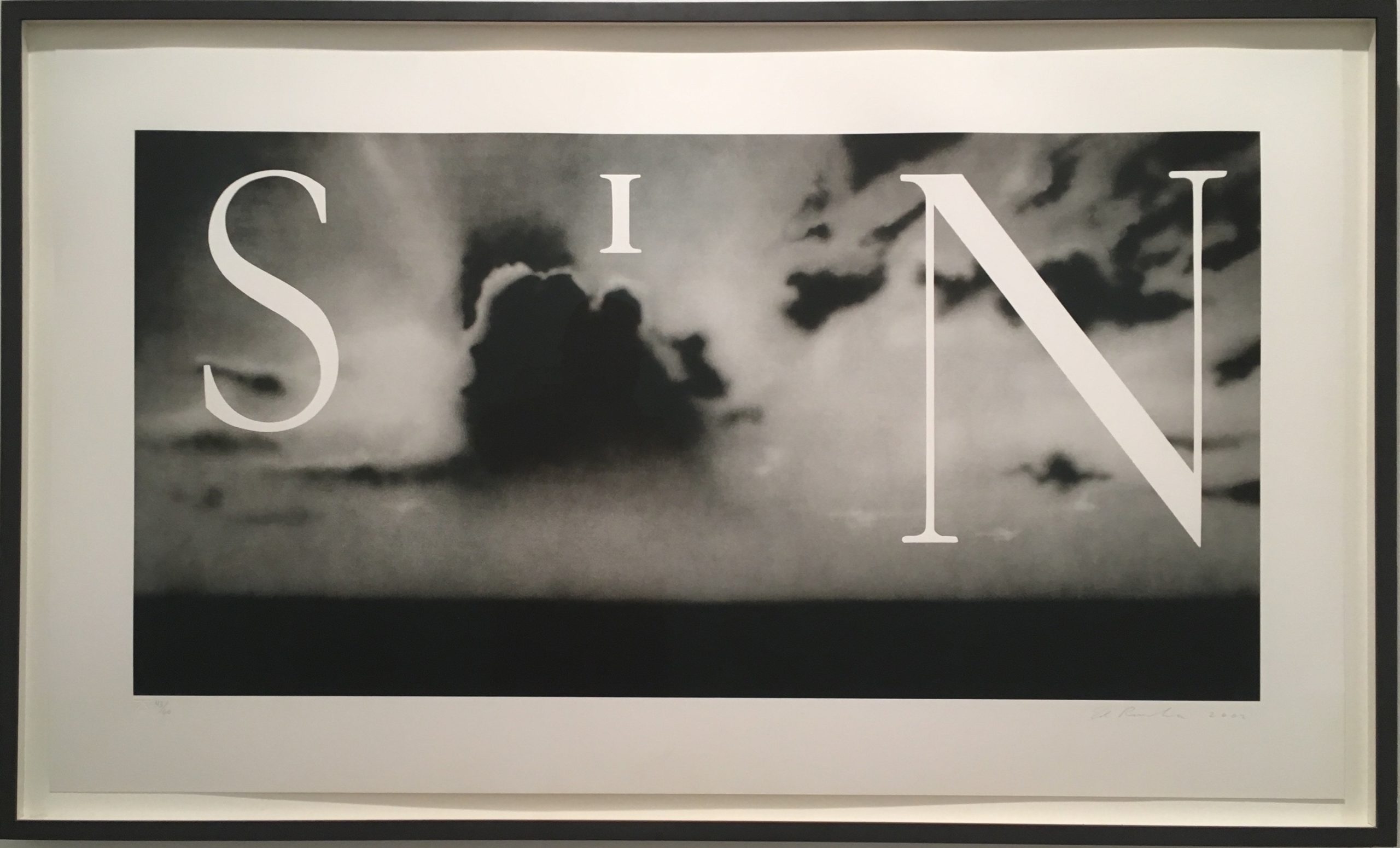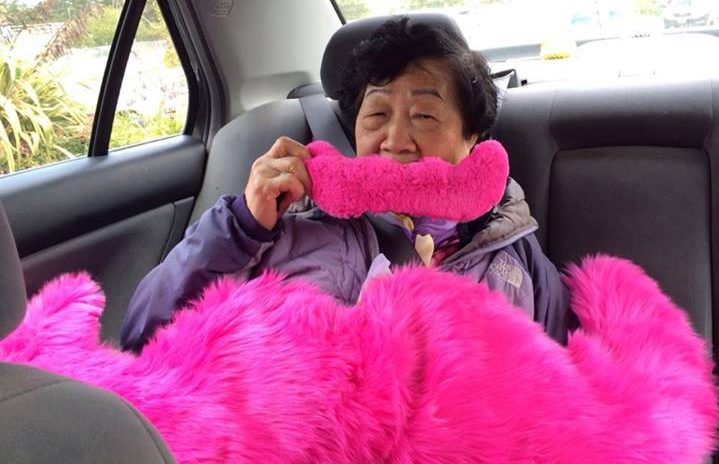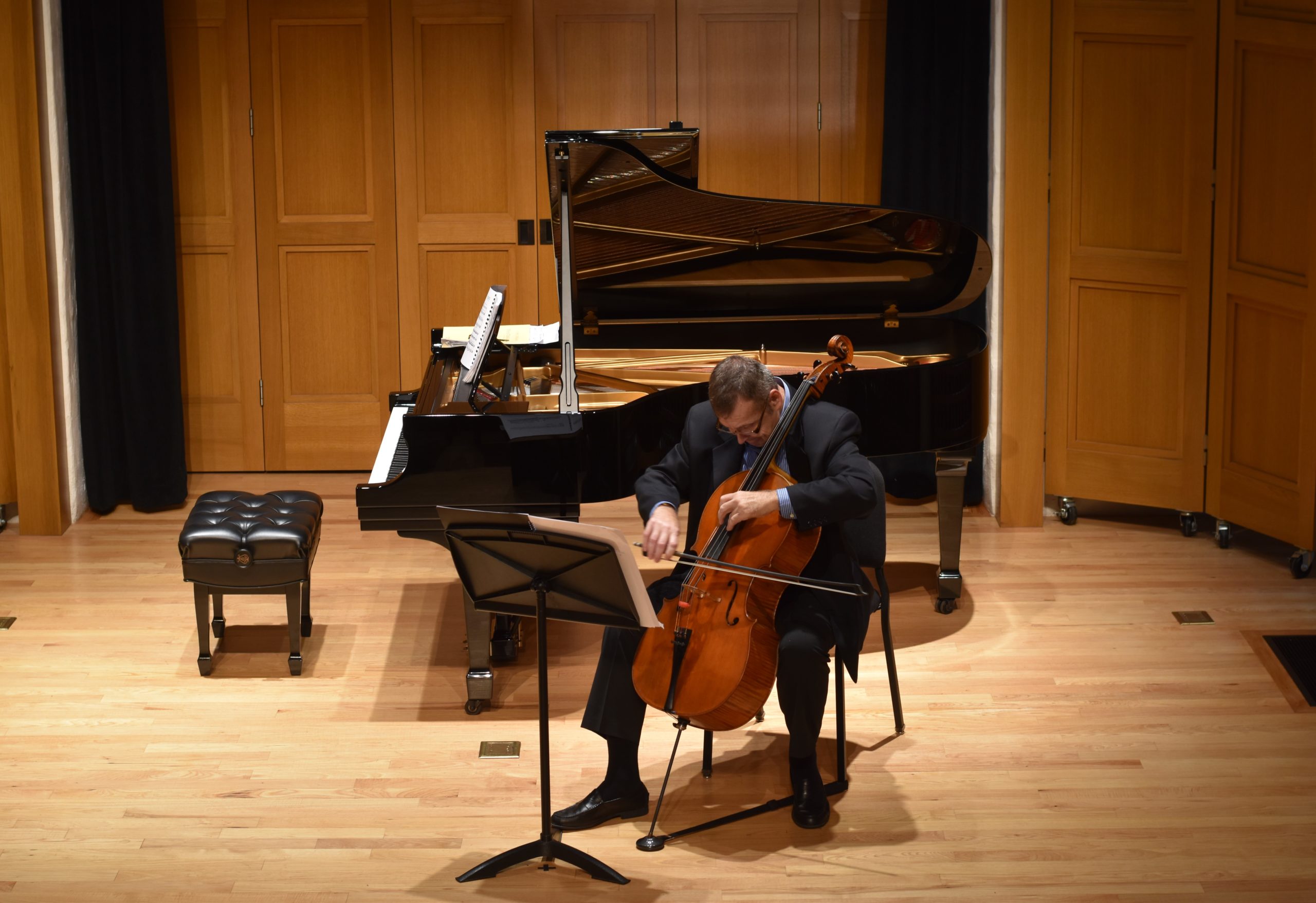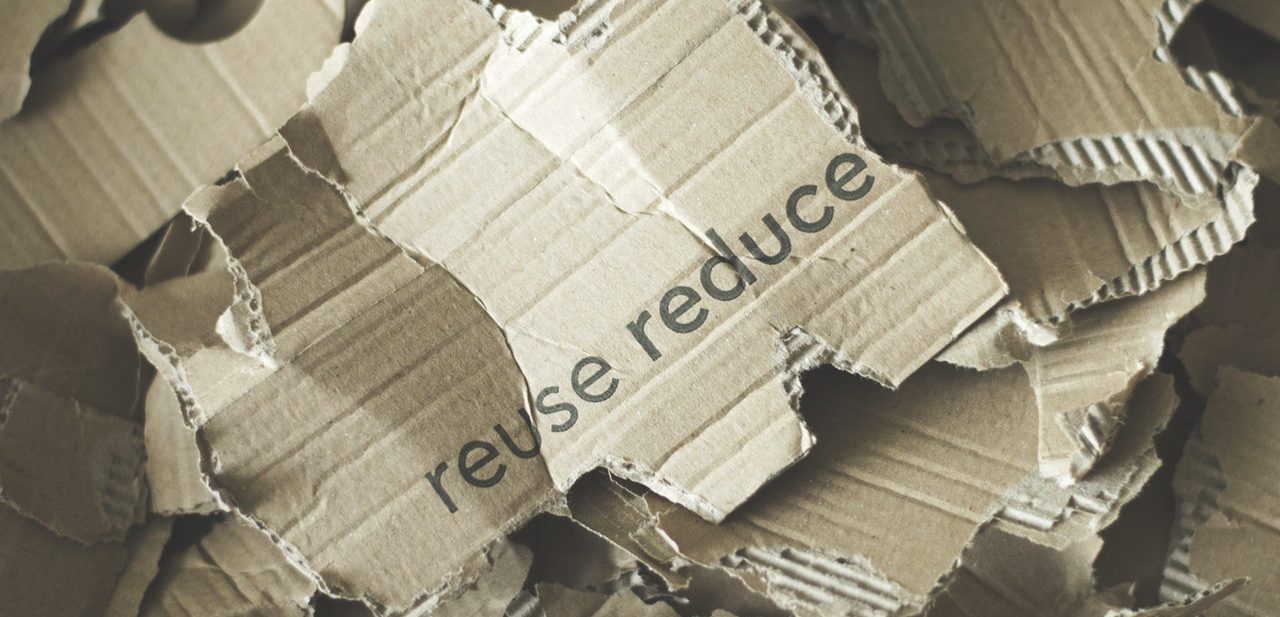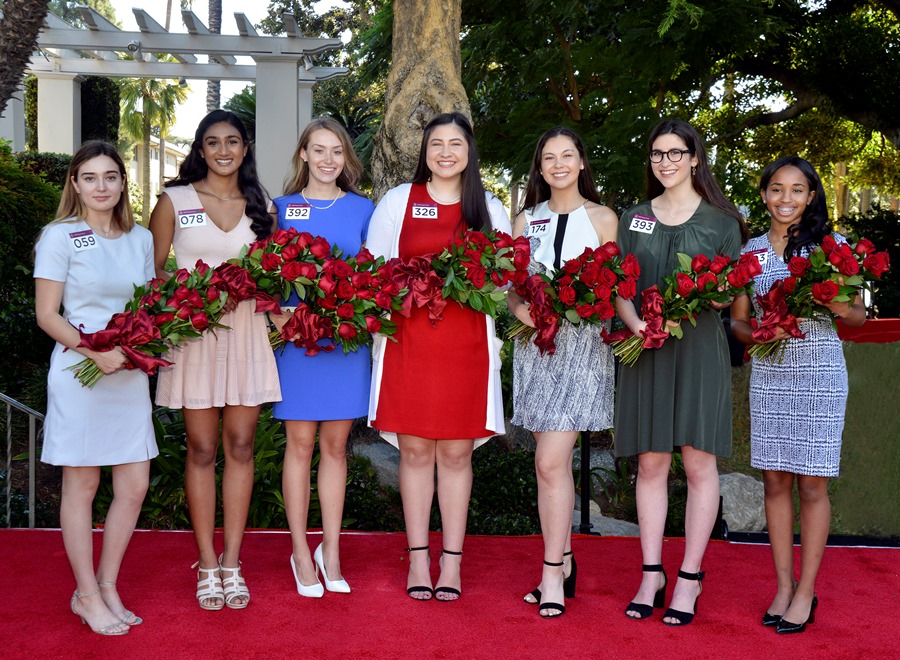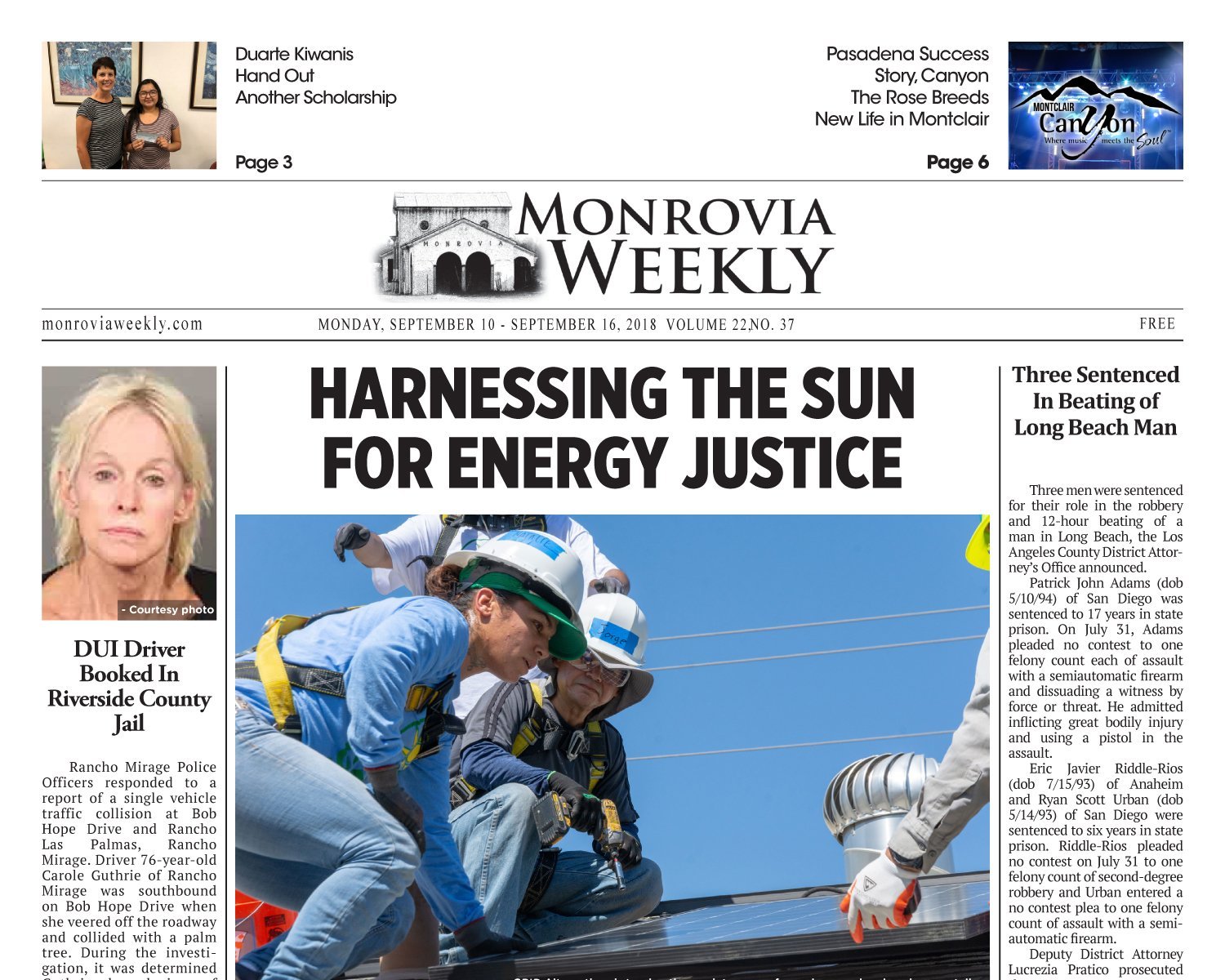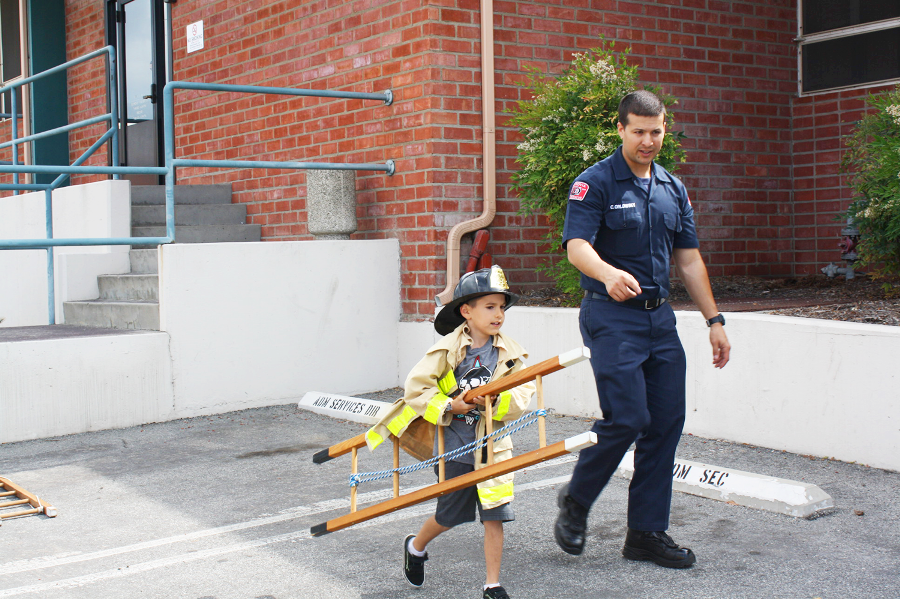By Jeff Davis
Everyone is back from summer vacation and the galleries are gearing up once again for fresh shows in the fall. The Culver Art District (galleries crowded along La Cienega and Washington boulevards) is currently full of exciting exhibits. Three standouts are highlighted below.
At the north end of La Cienega, Honor Fraser is showing “Ed Ruscha: Prints & Ephemera” a collection of classic prints, ephemera and films spanning 1963 through 2017 (closes Oct. 6 – catch it while you can!). The exhibit’s 60-plus works highlight his use of text as image. The collection of prints includes classics such as the Standard Stations from the mid-1960s, “Made in California” from 1971, “Sin” (1970, 2002) and an array of others including the most recent sculpture “WEN OUT FOR CIGRETS N NEVER CAME BACK” (cast bronze with hand applied patina) created in 2017. The show illuminates his association with movements including pop, surrealism and conceptual art and is made possible by borrowing from galleries, private collectors and a number of art presses that Ruscha worked with over his career.
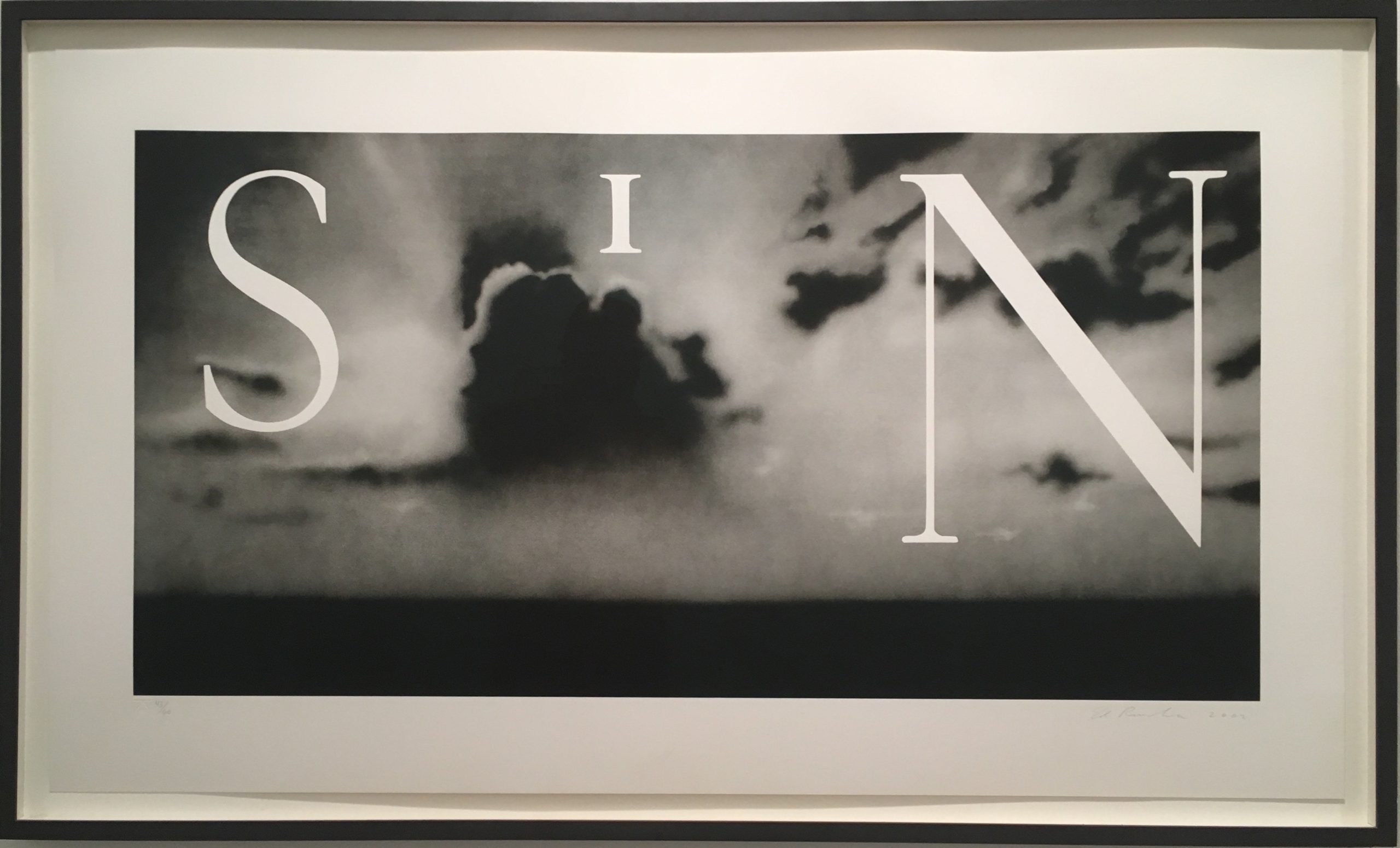
At the other end of La Cienega Boulevard we have Blue & Poe’s “Out of Nature” featuring the work of the Dutch artist Karel Appel (1921 – 2006) through Oct. 27. The exhibition focuses on works completed in New York City from 1995 – 1996. The paintings remind one stylistically of his work in 1950s New York – featuring large primal gestural strokes and bold, radiant colors that seem mostly abstract. The paintings are approximately five feet by four feet and executed with thick textural slab-like strokes of oil on canvas. Although the works on display were created over twenty years ago referencing paintings painted decades before that, they seem timeless.
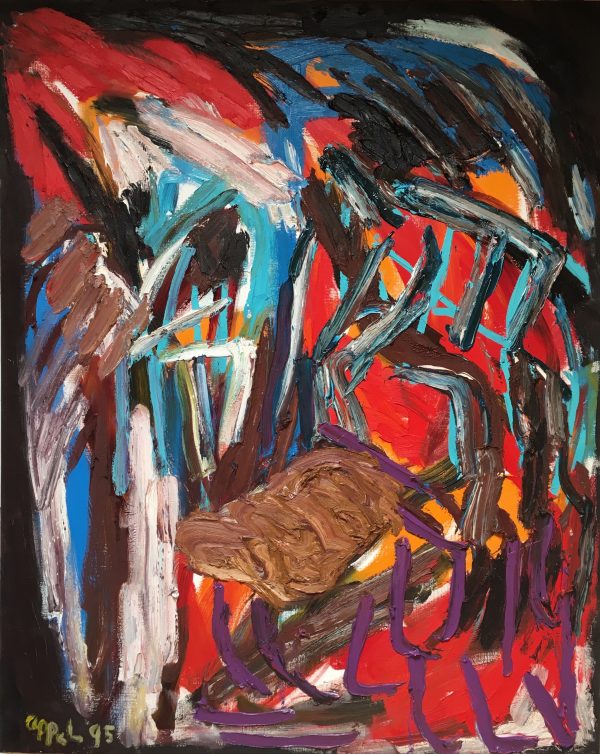
In between these two retrospectives on La Cienega Blvd. we find an exhibition that is both current and exceptional: “Hung Liu Unthinkable Tenderness” at Walter Maciel Gallery showing through Oct. 27, 2018. Hung Liu is primarily known for paintings based on historical Chinese photographs. Her newest paintings, however, are based upon the Dustbowl and Depression era photographs of American documentary photographer Dorothea Lange.
Having grown up in revolutionary China, Liu is familiar with landscapes of epic social struggle and displaced humanity depicted in Lange’s portraiture. In her most recent paintings, Liu focuses primarily on migrant children posing for Lange’s camera; often large close-ups, and sometimes cradling puppies or kittens in their arms. Lange’s original photos of unsentimental photojournalism captured in the 1930s are reinterpreted by the artist’s hand resulting in arguably more uplifting portraits. Liu’s paintings erase the often stark, depressing grey tones of the original photographs and replace them with a softer, more colorful and somewhat impressionistic /abstract palate. Liu’s work reminds me somewhat of Chuck Close; up close they are abstract shapes and colors, however as you step back they quickly reassemble into portraiture.
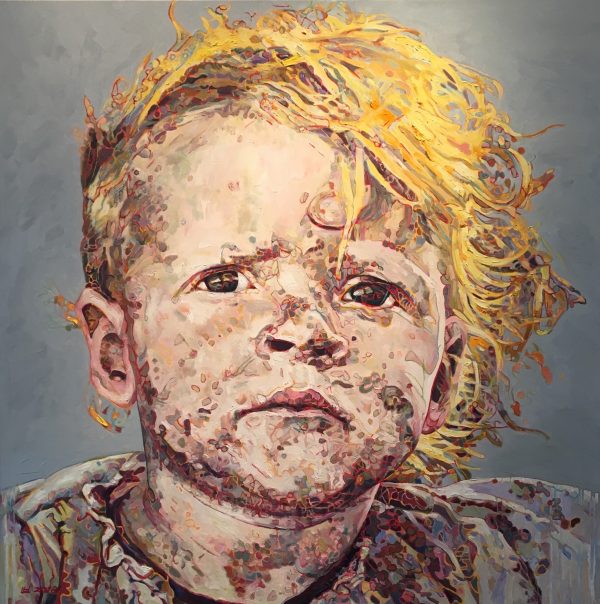
For her Lange-inspired works, Liu has developed a kind of topographic painting technique in which she maps an image with colored lines, the richness of which disguises the real-world poverty of her subjects. She then paints within and between the lines until the overall image emerges. The new paintings are still connected to Lange’s photographs while at the same time using the energy of color to release hope from beneath the darkness.
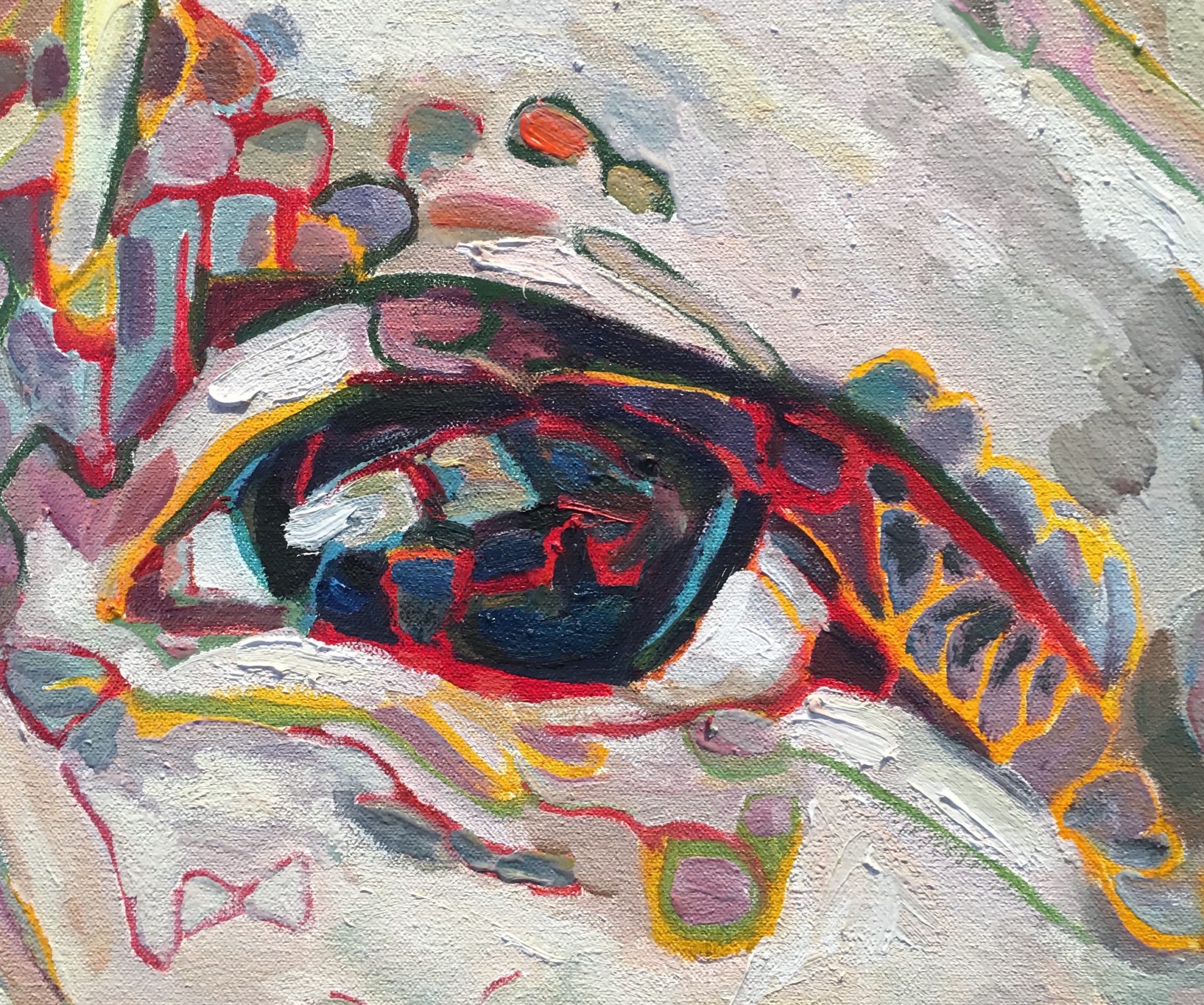
In a separate room you can see Liu’s earlier work from 1972 – 1975 entitled “My Secret Freedom.” While attending Beijing Teacher’s College, Liu would slip away from the campus and walk throughout the local countryside seeking moments of daily Chinese life to paint on tiny canvases. At that time, the Chinese Communist Party’s policy was that artists should document (idealize) the lives of farmers, soldiers, and workers. Liu had a different intent, which was radical and dangerous in China at the time; not to paint the state ideology or party mandates, but simply to paint. While she painted one each day for over two years, hiding them under her bed, most were lost or destroyed. Only thirty-six exist today. Liu refers to them as her “Secret Freedom Paintings.”

